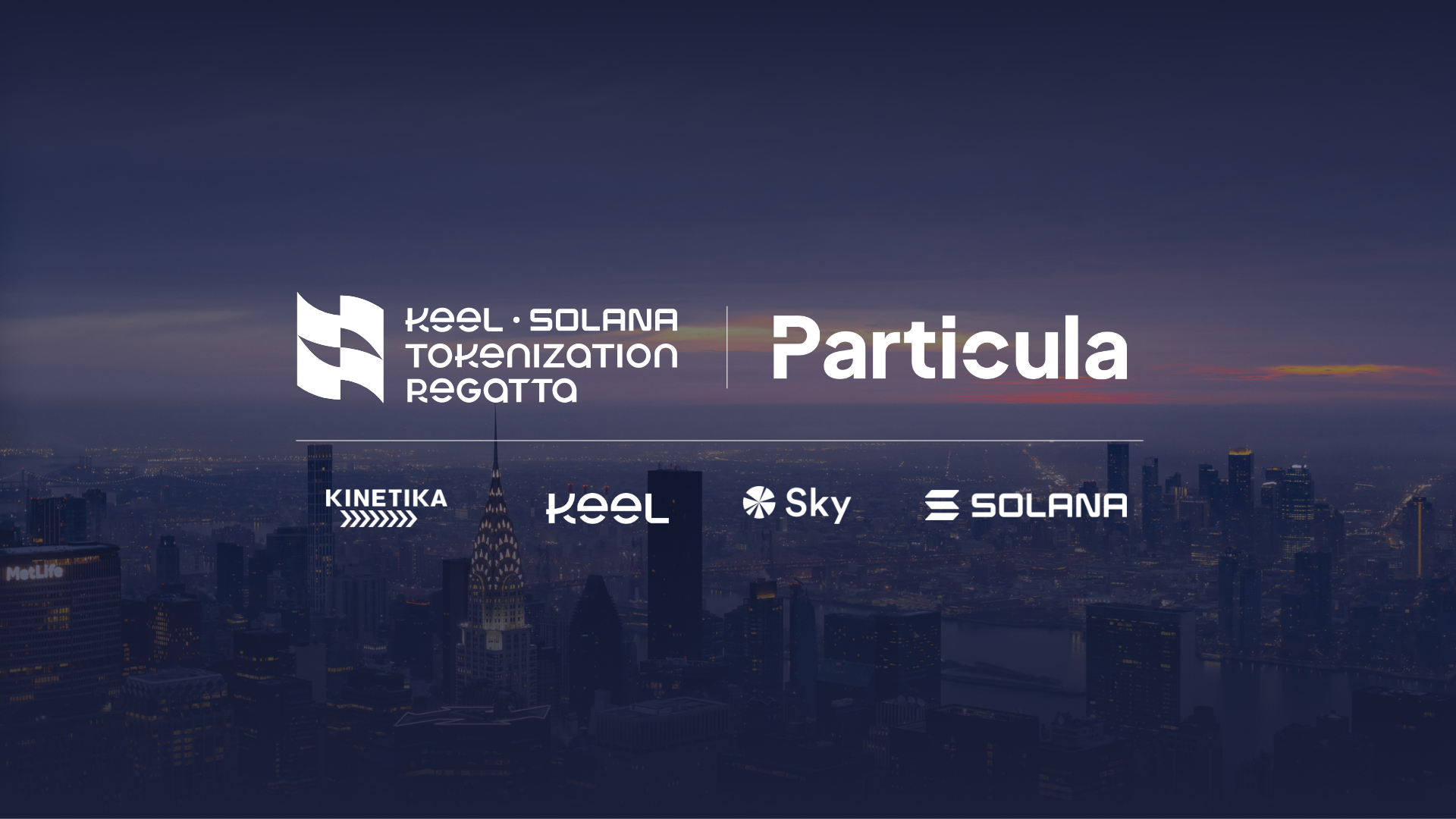From MiCAR to VARA: Mapping Stablecoin Reserve Standards Worldwide

At Particula, we view jurisdictional risk as a core component of our broader digital asset risk assessment framework. The regulatory environment governing asset‑backed tokens like stablecoins profoundly impacts their risk profile, influencing reserve security, redemption rights, and operational transparency. As such, we systematically compare legal frameworks across key jurisdictions to identify both vulnerabilities and strengths.
.png)
Given that the quality, segregation, and oversight of reserve assets are fundamental determinants of stablecoin stability and market confidence, Particula conducted a comparative assessment of major global regulatory frameworks through the lens of their requirements for stablecoin reserve assets. As such, we focused on five major global frameworks – the GENIUS Act (U.S.), MiCAR & related EBA RTS (EU), CBB Rulebook (Bahrain), Stablecoin Ordinance (Hong Kong), and VARA Rulebook (Dubai) – specifically examining their regulations concerning stablecoins’ reserve assets.
Differences in regulatory regimes are not merely academic – they can present tangible opportunities for jurisdictional arbitrage, wherein stablecoin issuers may seek to domicile operations in regions with more permissive or less clearly defined rules. This dynamic underscores the importance of a comparative, cross-border approach to digital asset analysis.
Our review reveals convergence on certain prudential safeguards, but also highlights material divergences that may shape issuer behaviour, consumer protection, and systemic risk within the stablecoin ecosystem.
Collateralization and Reserve Requirements
All reviewed jurisdictions mandate a minimum collateralization ratio of at least 100%, requiring stablecoin issuers to maintain reserves equivalent to or exceeding the value of outstanding tokens. The composition of eligible reserve assets is broadly consistent, with cash and government short-term securities forming the core in the U.S., EU, Bahrain, and Dubai. Hong Kong introduces a less precisely defined threshold for reserve quality, stipulating that assets must be of “high quality and high liquidity”.
Asset Segregation and Priority of Claims
Asset segregation is a regulatory standard across all jurisdictions, intended to ring-fence customer funds from issuer insolvency risk. However, the explicitness of stablecoin holders’ priority claim to reserves varies. The U.S. and Dubai provide clear statutory preference to stablecoin holders. In contrast, the EU, Hong Kong and Bahrain frameworks are less prescriptive, with only vague or unclear references to user claims, which could introduce legal ambiguity in a resolution scenario.
Transparency and Custodianship
Regulatory regimes in the U.S., EU, Bahrain, and Dubai require monthly attestation of reserve assets, supporting ongoing transparency and market confidence. Hong Kong’s requirement is less prescriptive, mandating only “timely” disclosures. The U.S. uniquely specifies that custodians must be regulated entities, referencing established federal standards – Dodd-Frank Act, Federal Insurance Deposit Act, or Anti-Money Laundering Act of 2020. Other jurisdictions do not impose similarly detailed custodial requirements, however they require issuers exercise due diligence in the selection of custodians.
Redemption Rights and Fee Structures
Stablecoin holders’ right to redemption at par value is enshrined in all five frameworks. However, the timing and cost of redemption differ. Dubai imposes the strictest standard, requiring redemption within one business day (barring trading disruptions), while Bahrain specifies a five-day window. The U.S. and Hong Kong are less explicit, referencing “timely” or “as soon as practicable” redemption. Fee policies are most consumer-friendly in the EU and Dubai, which generally prohibit redemption fees, whereas the U.S. and Bahrain permit them under certain conditions.
Yield-Bearing Features
Yield-bearing stablecoins are prohibited in the U.S., EU, and Hong Kong, aligning with a risk-averse approach to payment instruments. Bahrain and Dubai allow yield-bearing stablecoins, subject to additional regulatory oversight. This distinction may render these jurisdictions more attractive to issuers seeking product innovation, but could introduce incremental risk considerations for users and regulators.
Outlook
We observe broad regulatory alignment on core prudential standards – full collateralization, asset segregation, and redemption rights – across key global jurisdictions. However, differences persist in the areas of consumer protection, operational transparency, and innovation permissiveness. These disparities may affect issuer risk profiles, user protections, and the competitive landscape for stablecoin products. We expect further regulatory harmonization over time, but for now, jurisdictional nuances remain a meaningful factor in stablecoin market development.
Download Full Table
About Particula
Particula is the prime rating provider for digital assets, transforming on- and off-chain data into actionable insights. The company delivers next-generation risk ratings and comprehensive analyses, across technical, economic, governance, and compliance dimensions – providing the clarity and confidence needed to navigate the complexities of digital finance. Learn more at www.particula.io.
Latest News & Insights

Particula Selected To Co-Structure RFP and Provide Independent Ratings for Keel's $500M Regatta Program
Abu Dhabi, UAE – December 11, 2025 – Particula, the leading rating provider for digital assets, today announced its collaboration with Kinetika Research on the 500M Keel Solana Tokenization Regatta.


.svg)
